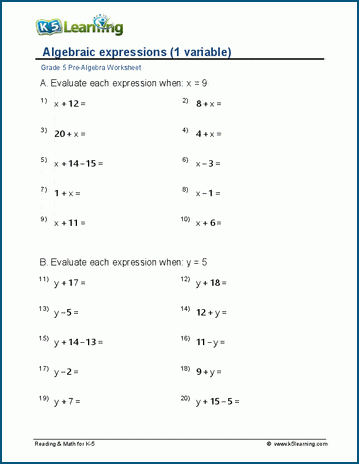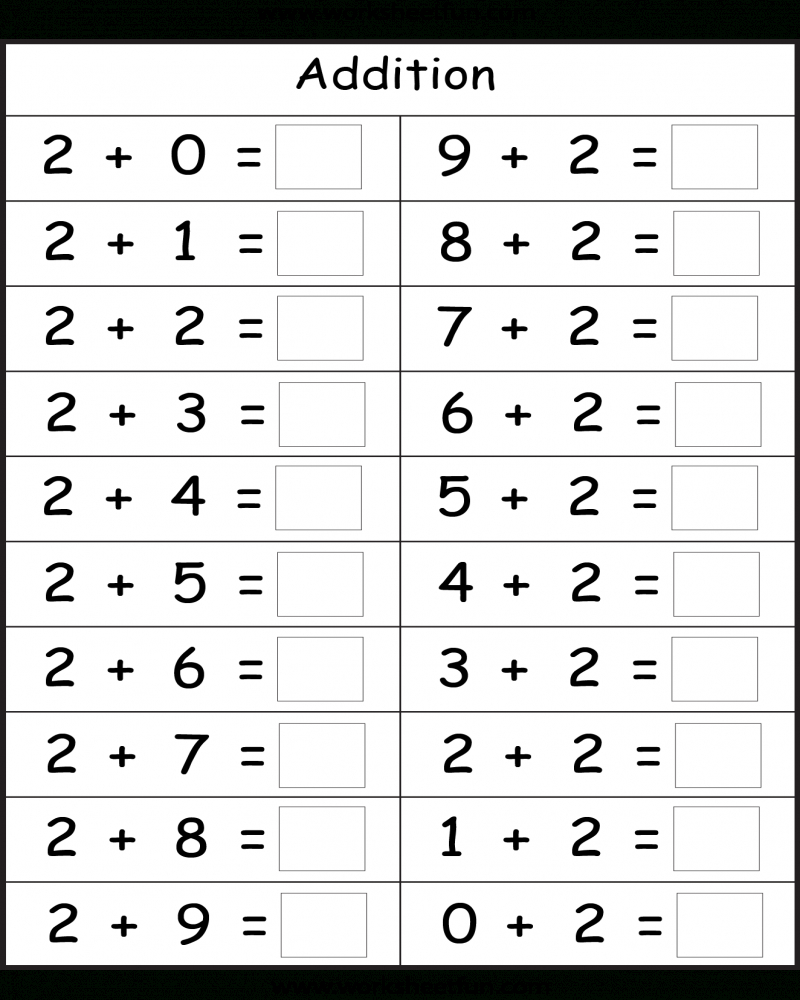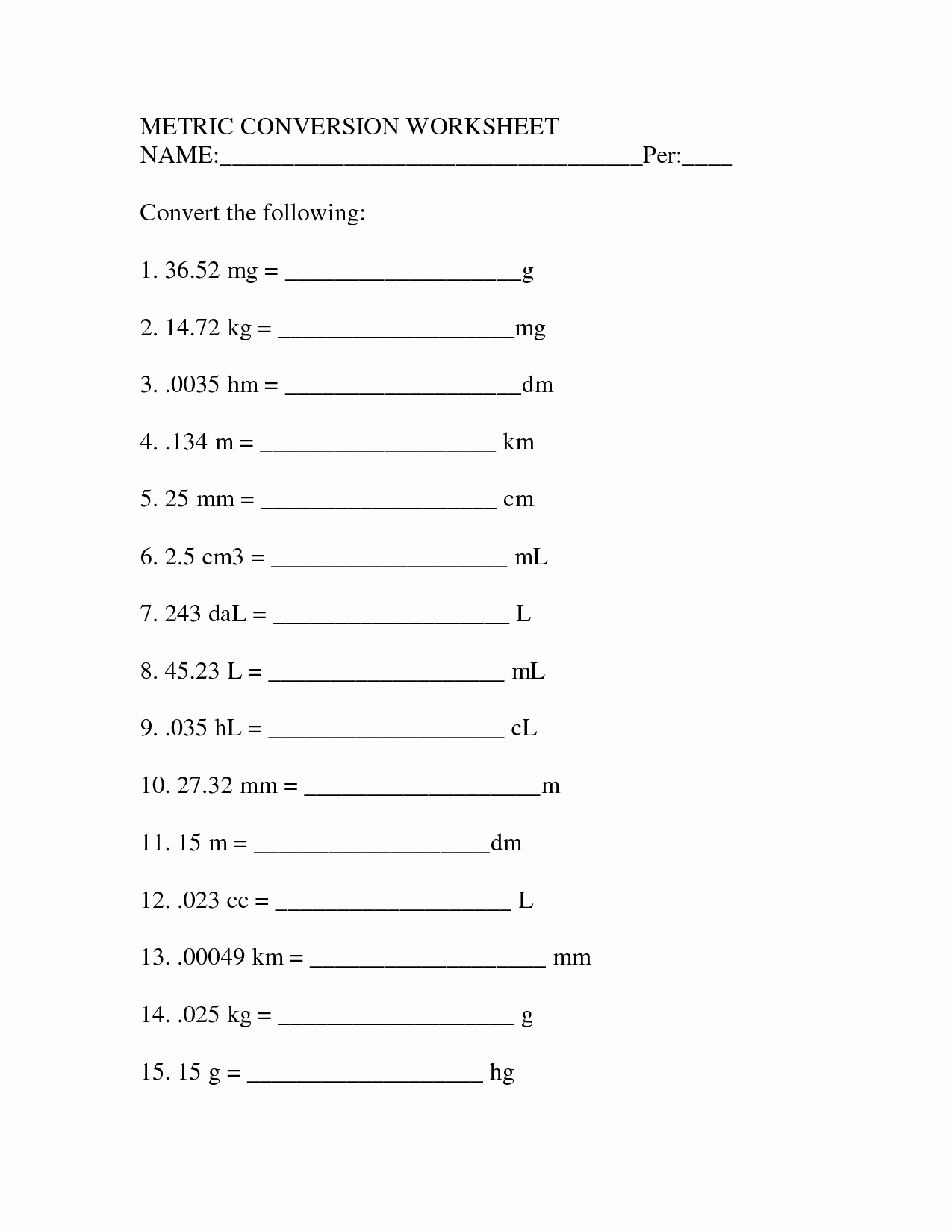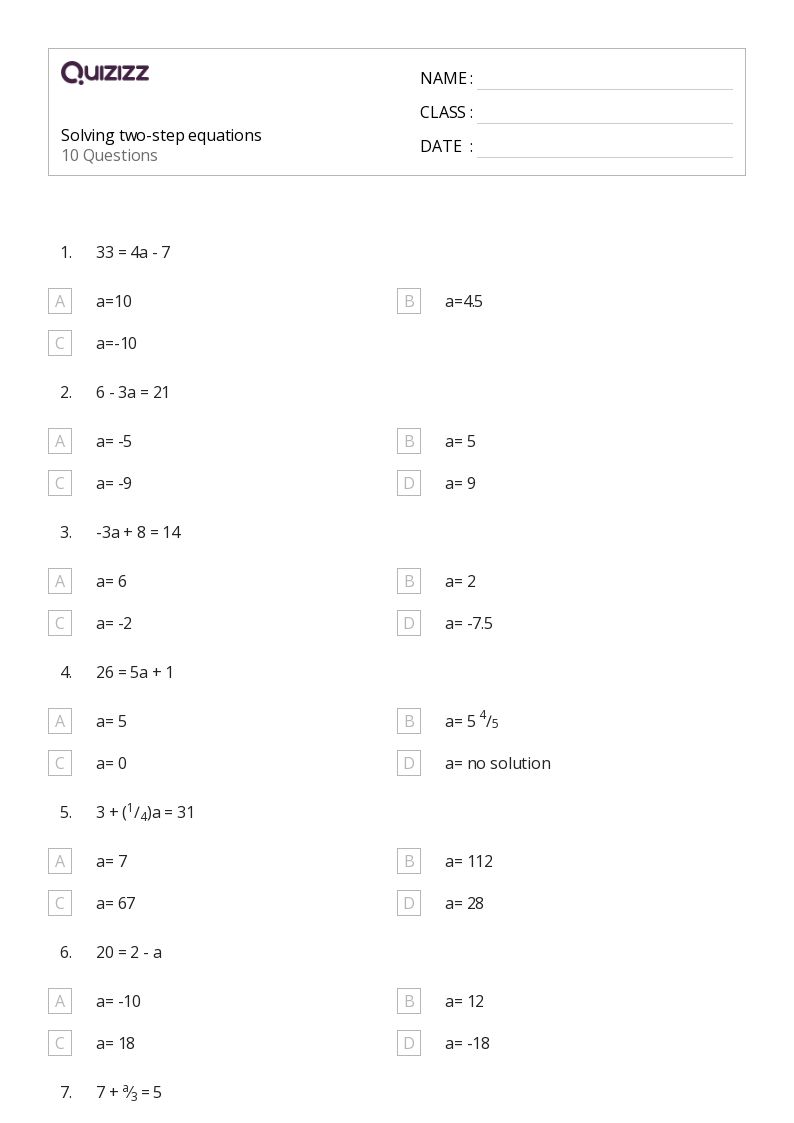Divide with Ease: Whole Numbers by Fractions Worksheet
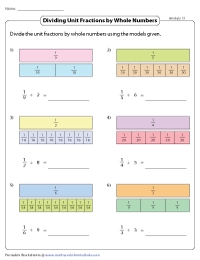
Mastering Division of Whole Numbers by Fractions
When it comes to dividing whole numbers by fractions, the concept can seem daunting at first. However, with the right approach and practice, it can become a straightforward process. In this article, we’ll explore the steps involved in dividing whole numbers by fractions, provide examples, and offer a worksheet to help you practice and reinforce your understanding.
Understanding the Concept
Dividing a whole number by a fraction is essentially asking how many times the fraction fits into the whole number. To do this, we need to invert the fraction (i.e., flip the numerator and denominator) and then multiply the whole number by the inverted fraction.
Step-by-Step Guide
Here’s a step-by-step guide to dividing whole numbers by fractions:
- Invert the fraction: Flip the numerator and denominator of the fraction. For example, if the fraction is 3⁄4, the inverted fraction would be 4⁄3.
- Multiply the whole number by the inverted fraction: Multiply the whole number by the inverted fraction. For example, if the whole number is 12 and the inverted fraction is 4⁄3, the calculation would be 12 × 4⁄3.
Examples
Let’s look at some examples to illustrate the process:
- Example 1: Divide 12 by 3⁄4
- Invert the fraction: 4⁄3
- Multiply the whole number by the inverted fraction: 12 × 4⁄3 = 48⁄3 = 16
- Example 2: Divide 15 by 2⁄5
- Invert the fraction: 5⁄2
- Multiply the whole number by the inverted fraction: 15 × 5⁄2 = 75⁄2 = 37.5
Tips and Tricks
Here are some tips and tricks to keep in mind when dividing whole numbers by fractions:
- Make sure to invert the fraction: Inverting the fraction is a crucial step in dividing whole numbers by fractions. Double-check that you’ve flipped the numerator and denominator correctly.
- Simplify the fraction: If the result of the division is a fraction, simplify it to its lowest terms.
- Check your units: Make sure the units of the result match the units of the original problem.
Worksheet
Now it’s time to practice! Here’s a worksheet with 10 problems to help you reinforce your understanding of dividing whole numbers by fractions.
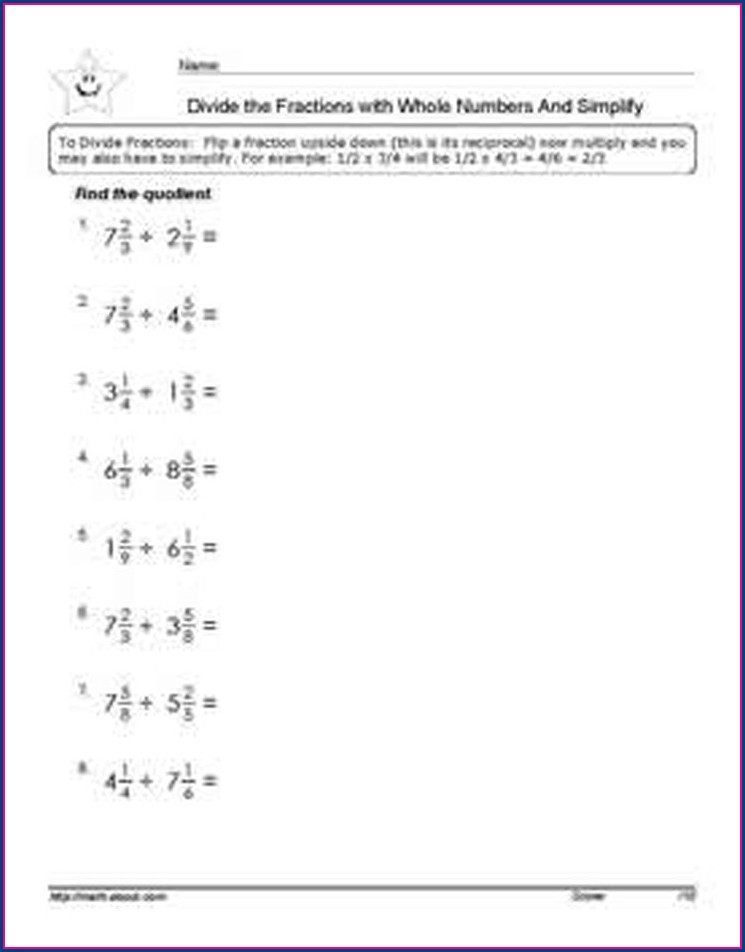
| Problem | Solution |
|---|---|
| 1. Divide 12 by 3⁄4 | |
| 2. Divide 20 by 2⁄5 | |
| 3. Divide 18 by 3⁄2 | |
| 4. Divide 25 by 5⁄4 | |
| 5. Divide 15 by 3⁄5 | |
| 6. Divide 30 by 2⁄3 | |
| 7. Divide 22 by 11⁄4 | |
| 8. Divide 35 by 7⁄2 | |
| 9. Divide 40 by 4⁄5 | |
| 10. Divide 50 by 5⁄6 |
Answers
| Problem | Solution |
|---|---|
| 1. Divide 12 by 3⁄4 | 16 |
| 2. Divide 20 by 2⁄5 | 50 |
| 3. Divide 18 by 3⁄2 | 12 |
| 4. Divide 25 by 5⁄4 | 20 |
| 5. Divide 15 by 3⁄5 | 25 |
| 6. Divide 30 by 2⁄3 | 45 |
| 7. Divide 22 by 11⁄4 | 8 |
| 8. Divide 35 by 7⁄2 | 10 |
| 9. Divide 40 by 4⁄5 | 50 |
| 10. Divide 50 by 5⁄6 | 60 |
Conclusion
Dividing whole numbers by fractions may seem intimidating at first, but with practice and the right approach, it can become a straightforward process. Remember to invert the fraction, multiply the whole number by the inverted fraction, and simplify the result to its lowest terms. With this worksheet and practice, you’ll be dividing whole numbers by fractions with ease!
FAQ Section
What is the purpose of inverting the fraction when dividing whole numbers by fractions?
+Inverting the fraction allows us to multiply the whole number by the fraction, which is equivalent to dividing the whole number by the fraction.
How do I simplify a fraction?
+To simplify a fraction, divide both the numerator and denominator by their greatest common divisor (GCD).
What if the result of the division is a fraction?
+If the result of the division is a fraction, simplify it to its lowest terms by dividing both the numerator and denominator by their GCD.
